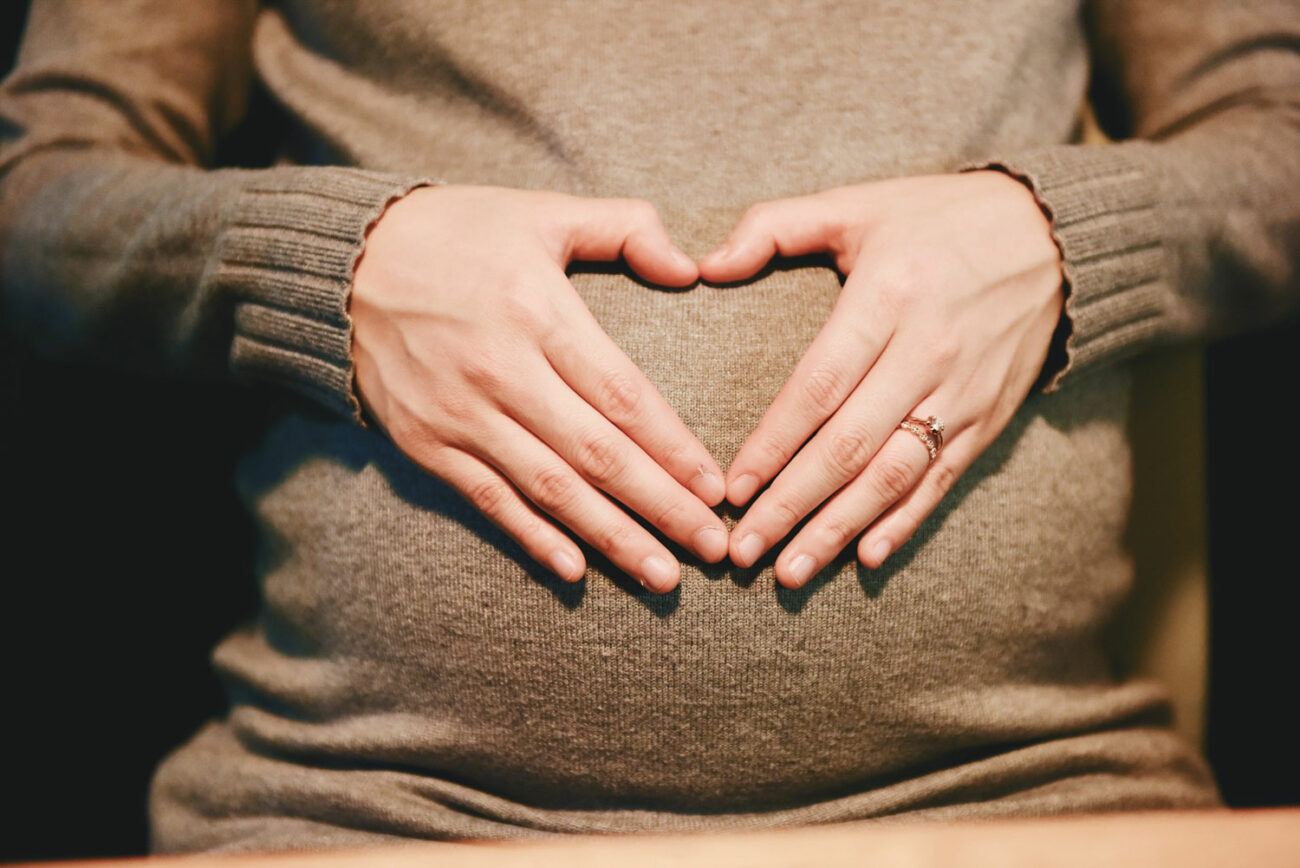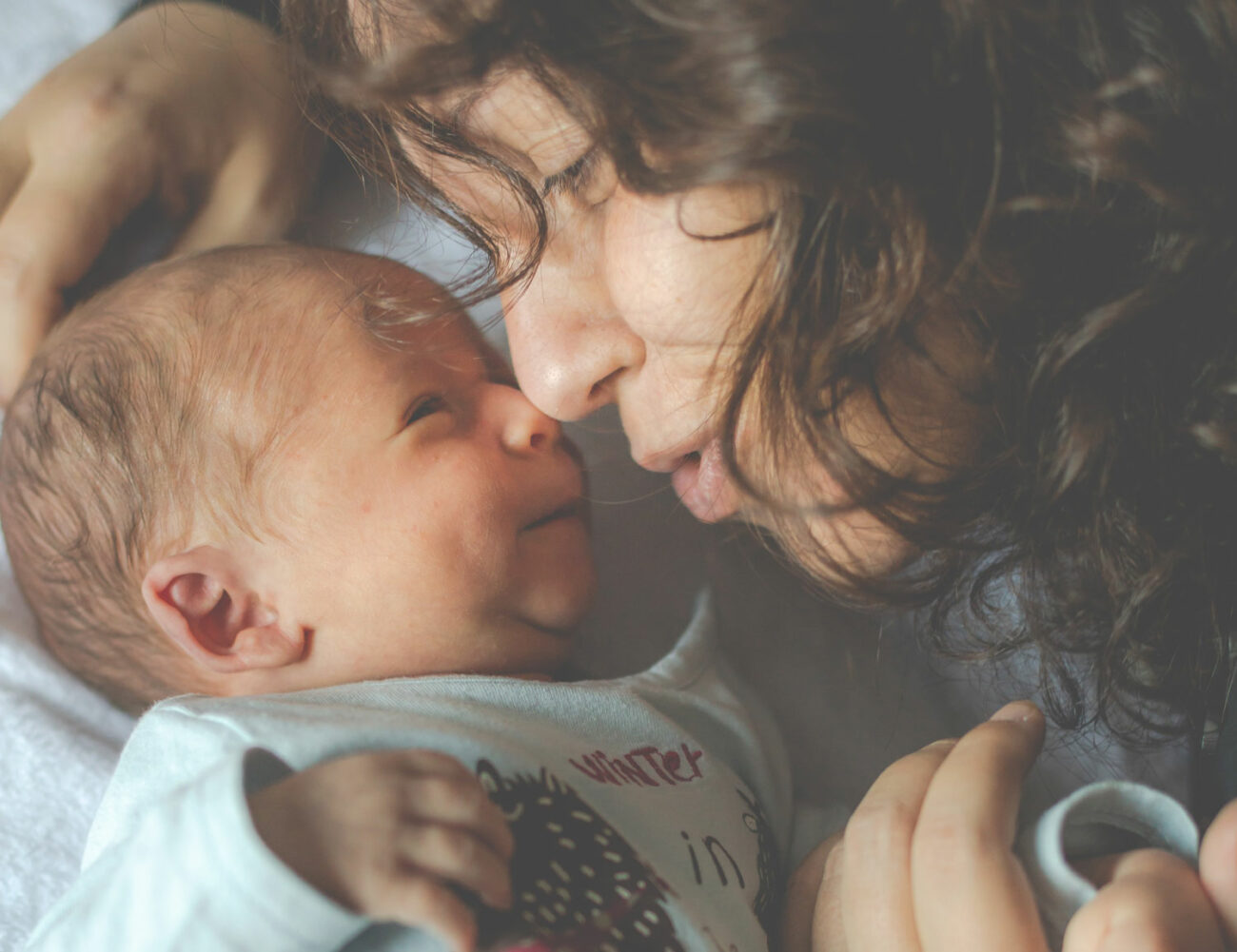Pregnancy and Breastfeeding
If you are pregnant or breastfeeding, you probably feel a lot of pressure to quit smoking.
Quitting smoking is the best way to protect your health and the health of your baby. It’s also good to stay away from second-hand smoke. This can affect your health, your pregnancy, and the development of your baby.
This is what happens when you stop smoking:
- Carbon monoxide and other chemicals quickly leave your body.
- The amount of oxygen in your blood increases.
This will make both you and your baby healthier.
Pregnancy
Many people want to quit smoking when they get pregnant. Others feel pressure to quit when they aren’t ready.
Take some time to think about what you need and want for yourself and for your baby. Then reach out for support from people who care for you or from Tobacco Free Nova Scotia. You can reach one of our counsellors through these services:
- Our 811 Quit Line
- Secure Chat
Our counsellors have the skills and experience to help you quit using tobacco no matter what kind of product you use. They can also help you to quit vaping.

How quitting smoking affects you and your baby
You are connected to your baby through the placenta. The placenta passes what you eat, drink, and breathe to your baby. When you quit, you will no longer pass chemicals from tobacco products on to your baby. That means your baby will NOT be exposed to these:
- nicotine
- carbon monoxide
- other harmful chemicals
These chemicals can slow your baby’s growth. Babies exposed to tobacco smoke are, on average, smaller and less healthy at birth. Quitting increases the chance that your baby will be healthier and a good size.
When you quit, your baby is also less likely to develop illnesses like asthma and ear infections.
If you quit smoking, your baby is less likely to die from sudden infant death syndrome (SIDS).
The risks to your baby depend on how much you smoke. The less you smoke the less potential there is for harm.
It’s best to quit smoking before you get pregnant. But if you are already pregnant, you can still improve your baby’s health by quitting. If you are a heavy smoker and you feel you can’t quit, cutting back will still help.

Breastfeeding
If you smoke or are around smokers, you can pass harmful chemicals like nicotine on to your baby through your milk. Several things affect the amount of nicotine in your milk:
- how much you smoked or vaped since you last fed your baby or the last time you expressed milk
- how much second-hand smoke you took in by being around people who smoke
- how much time has passed since you last used tobacco or the last time you took in second-hand smoke
- the amount of your baby’s feed
If you are still smoking, do so right after the baby finishes feeding or after you expressed milk. This way, the nicotine level in your milk won’t be as high by the next time you feed your baby. Never smoke and feed your baby at the same time. Also, avoid second-hand smoke. Encourage those who still smoke to do so outside your home.
Quitting is the best thing you can do for your own health and your baby’s health. If you can’t quit, try to cut back.
Second-hand smoke
When your baby is in the same room or area where someone is smoking, they will breathe in chemicals from that smoke. This is called second-hand smoke. Try to make sure no one is smoking around your baby. They should also avoid smoking in these places:
- your house
- your car
- anywhere your baby spends time
This lowers the chance of the baby dying from sudden infant death syndrome (SIDS).
Third-hand smoke
The chemicals from smoking stay on surfaces even when no one is smoking. These are some of the surfaces these chemicals cling to:
- clothes
- hair
- the skin of the person who smokes
- furniture
- carpets
This is called third-hand smoke. These chemicals can build up and stay on surfaces for months. This is harmful for babies because they spend more time with their faces close to these surfaces. They are more likely to breathe in these chemicals than adults are.

Support for emotions after birth
hese feelings are normal in the first couple of weeks because your body’s hormones are changing.
For some people, these feelings are stronger and last longer. You may feel hopeless, have a hard time concentrating or feel you are unable to cope. You could have postpartum depression. Talk to your healthcare provider or contact us. You can get the support of a counsellor through one of our services:
- our 811 Quit Line
- Secure Chat
Our counsellors have the skills and experience to help you quit using tobacco no matter what kind of product you use. They can also help you to quit vaping.
